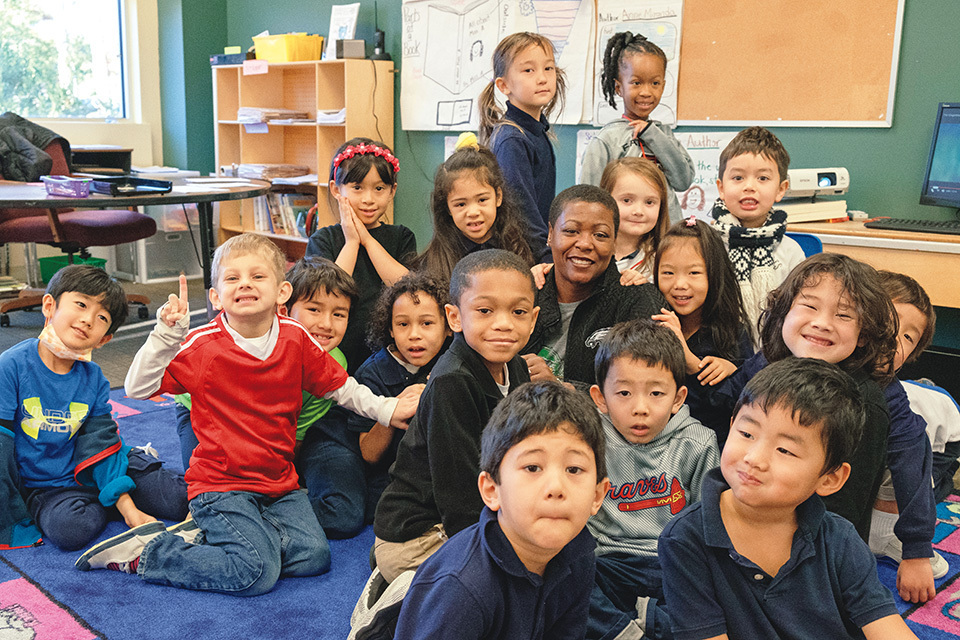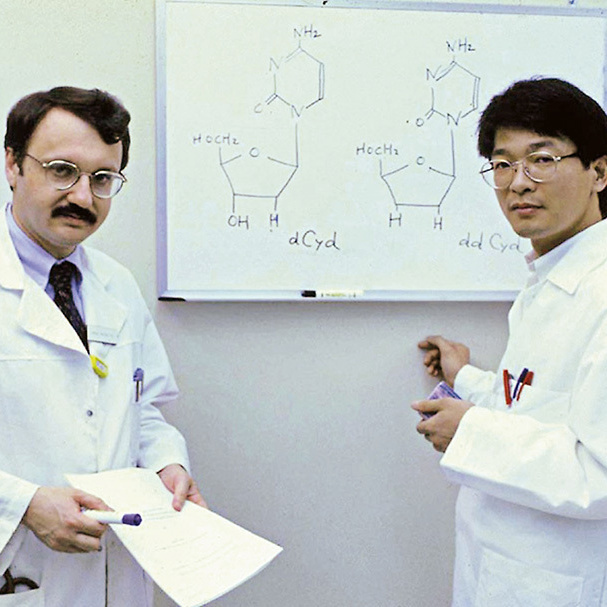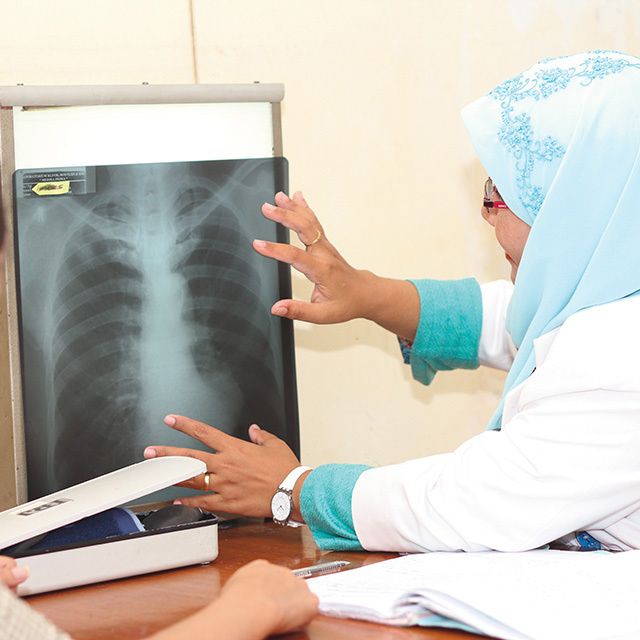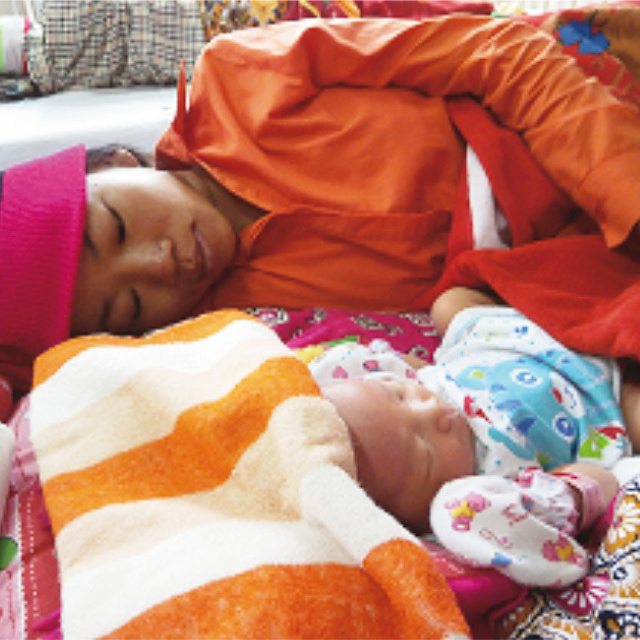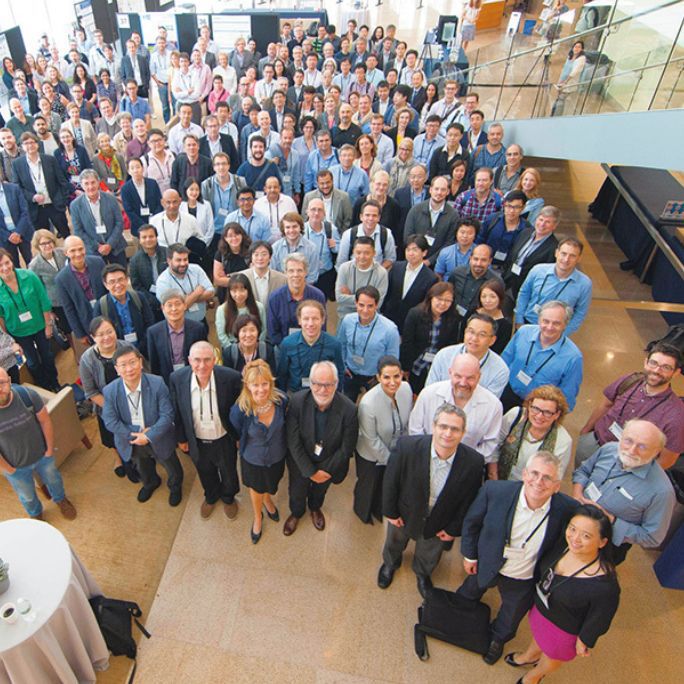International Charter Academy of Georgia works to build bridges between Japan and Georgia
International Charter Academy of Georgia (ICAGeorgia), the state’s first Japanese-English dual language immersion school, opened its doors in fall 2018. The school is a statewide charter school available free of charge to any K-5 student residing in Georgia. ICAGeorgia uses the dual language model to provide both Japanese and English instruction, where the ratio of time spent studying each language favors Japanese in the younger grades and shifts to balance more evenly between Japanese and English as students age. In general, students at ICAGeorgia spend part of their day immersed in Japanese-speaking classes and the rest of the day in English-speaking classes. During both Japanese and English immersion, students are exposed to a wide range of content learning areas, such as Math, Reading, Science, Social Studies, Art, Music and Physical Education. Specifically, kindergarten students are immersed in Japanese and English instruction at a ratio of approximately 80 to 20 percent. Grades 1st and 2nd are immersed 60 to 40 percent and Grades 3rd, 4th and 5th are immersed 50 to 50 percent.
Teachers at the school, all of whom are native speakers of the languages they teach, work hard to ensure that students attain a high level of language proficiency by using the Japanese Ministry of Education curriculum in the Japanese department and complying with State Performance Targets and the Georgia Standards of excellence in the English department. Additionally, English and Japanese core content, ESOL (English for Speakers of Other Languages), and JSOL (Japanese for Speakers of Other Languages) teachers collaborate across departments during team meetings and professional development to improve instruction, increase student achievement and ensure the success of both native and non-native Japanese and English learners. Overall, teachers help students use what they know in one language as a resource for acquiring and refining their proficiency in their partner language.
Beyond learning Japanese language, ICAGeorgia students experience elements of Japanese culture and school life including, but not limited to, moral education, student leadership, shigyoshiki (start of new school year ceremony), mochitsuki (rice pounding), kakizome (first calligraphy), tea ceremony, haiku, and so on. Students also learn about one another’s cultures in what is a very diverse community. Non-native learners of the English language comprise about 41 percent of the student body. Approximately 30 percent of students are Asian, 26 percent are black, 6 percent are Hispanic, 26 percent are multi-racial, and 10 percent are white. Students represent over 20 countries and speak nearly as many languages.
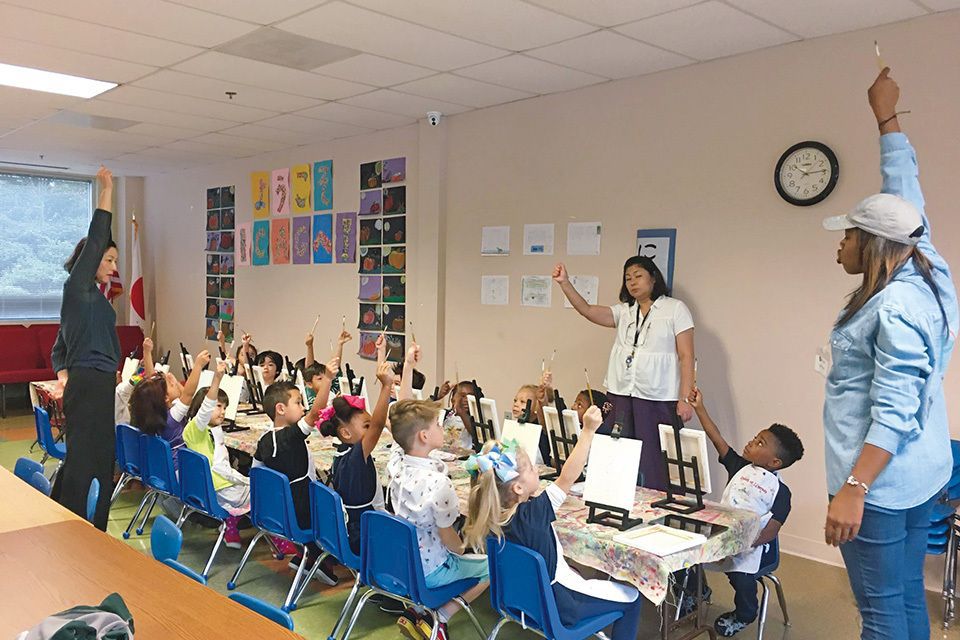
The Principal, Tara Ranzy, describes ICAGeorgia as “a multi-ethnic, multi-racial, multi-linguistic community working together to promote world peace through the exchange and mutual respect of both Japanese and American culture and languages.” During a recent Monday morning assembly, she asked students to look around to observe the incredible diversity: “People with different color skin, different hair texture; we see boys, we see girls, women, and men; people of different shapes and sizes. Some of us speak Japanese, English, Spanish, French, Korean, Mandarin, Arabic, and so on. Some of our parents were born in Haiti, South Korea, Bulgaria, Mexico, Jamaica, China, Japan, Florida, Georgia, Cleveland and so on.” She asked, “Are you taking advantage of the opportunity to respect each other, work together, and learn from one another? At our school, success is not only earning good grades; success is also your ability to work with people who are different.” At the end of this lesson, she challenged the community to have lunch with someone who is different from themselves, or help a classmate with different color skin or hair texture, or of a different shape or size. At ICAGeorgia, world peace is promoted through day-to-day interactions like these, care and consideration.
ICAGeorgia Founder and Governing Board President/Chair Minako Ahearn, comments, “We must learn to help each other because the world is interconnected. Every day, we are finding out that our local news is no longer local, but global. The service-learning activities like the ones being led by our principal will be the first step toward the children learning to serve not only locally, but globally. Children and adults both find it hard to think beyond our immediate crisis and suffering. That is why I frequently pose the question to the children: ‘What do you want to see 100 years from now?’ I like to quote from Hyaku-nen-go no furusato o mamoru (Protect your hometown 100 years from now), a true story that appears in a Japanese textbook. In the 1800s, a man saved many lives from a large earthquake and tsunami, and then led his community to plan against future tsunamis. We challenge our students to imagine 100 years ahead and serve globally.”
According to current midyear survey data, ICAGeorgia families and staff love the “family feel, innovation, strong PTO, diversity, and warmth of the teachers and faculty.” When asked, “What do you love about ICAGeorgia?” students replied, “The teachers are gentle, nice, hard-working and easy to understand.” They also described the environment as “peaceful.” One child said, “I like how everyone is a part of one big community in peace.” Another stated, “I think our school is special.”
Vice Chair of the ICAGeorgia Board, Robert Johnson, agrees that ICAGeorgia is a special place. “The diverse student body of ICAGeorgia is truly a reflection of Japan’s profound economic, social and cultural influence in Georgia and around the globe. The miracle of ICAGeorgia today is that as a public charter school, we now can offer to more young citizens of Georgia the unique opportunity to study and learn Japanese, which is one of the most beautiful languages in the world and the key to the heart and soul of Japan!” Board Secretary, Jessica Cork, agrees. “I have chosen to send my children to ICAGeorgia not only because I want to share with them my love for the Japanese language and the culture of Japan, but also because I want them to understand that the world is an incredibly diverse place, made more wonderful because of its amazing variety. I know that ICAGeorgia is preparing my children to understand and appreciate the perspectives of others, co-exist peacefully with those who differ from them, and work effectively in an increasingly interconnected world.”
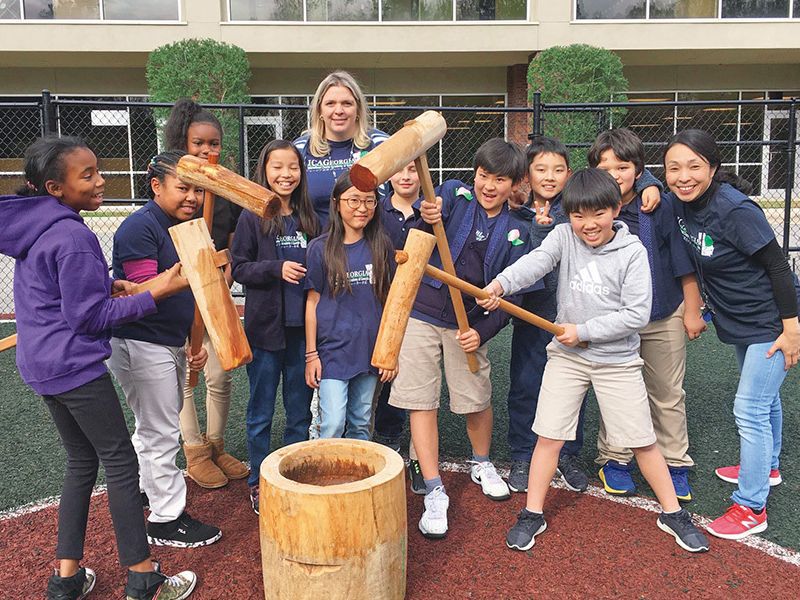
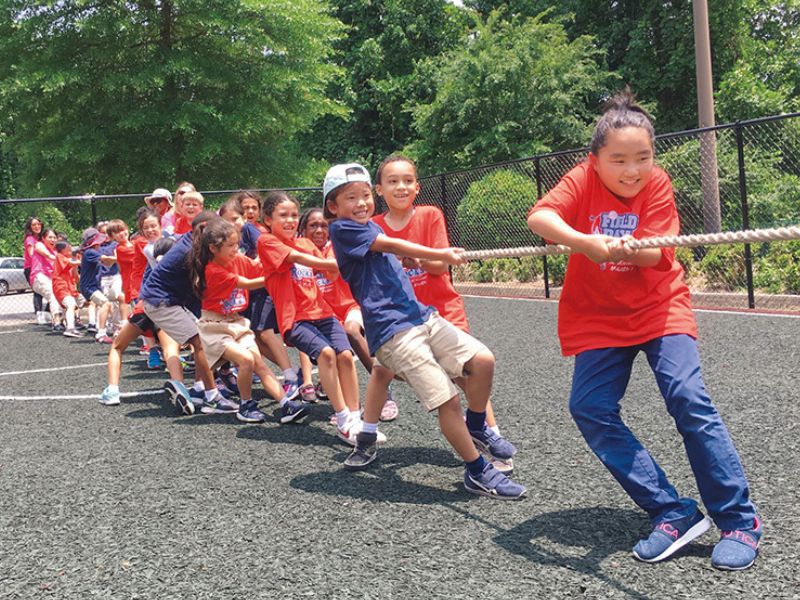
The choice of Georgia for a school like ICAGeorgia is an obvious one given the state’s economic ties with Japan. Japanese manufacturers began establishing operations in Georgia in the early 1970s under the leadership of then-Governor Jimmy Carter. Official relations were inaugurated in 1973 with the establishment of a Georgia State Department of Industry, Trade and Tourism office in Tokyo, the first such office for any U.S. state. The opening of the Consulate General of Japan in Atlanta in April 1974 offered a major boost in bilateral political relations. Today, with over 600 Japanese-affiliated companies operating in the state, Georgia is regarded as the center of Japanese industry in the U.S. Southeast. Japanese-affiliated companies have invested $10.4 billion in Georgia and employ nearly 37,000 Georgians. Some major Japanese firms with operations in Georgia include Kubota, Murata, Panasonic, Ricoh, TOTO, Toyo Tire, Yamaha, and YKK. Georgia’s imports from Japan amount to over $4 billion, making Japan the 5th largest international importer, and Georgia’s exports to Japan amount to over $1 billion, making Japan the 6th largest export market. Over 50 Georgia companies have operations in Japan including Aflac, Coca-Cola, Delta Air Lines, NCR, Newell Rubbermaid, and UPS.
Japanese has proven to be a valuable language for study given the opportunities afforded by these ties. Yet recent national studies reveal that foreign language instruction is rare in American elementary schools, and only 15 percent of the nation’s high school students study a language other than English. This is quite different in other countries, where studying a second language is the norm. In Georgia, foreign language study is also limited, and yet, as the United States works to increase its influence and strengthen its economic position abroad, Americans who communicate in more than one language can gain personal, educational, and professional advantages. Preparing students for such opportunities is a major objective of the ICAGeorgia Language Immersion Program. Moreover, research has proven time and again the benefits of dual language immersion education. Lindholm-Leary (Dual Language Education, 2001) found that students who speak two languages often have more mental flexibility, superiority in concept formation, and a more diversified set of mental abilities.
The establishment of International Charter Academy of Georgia is further recognition of the strong partnership between Georgia and Japan and the importance of raising the next generation of leaders who can sustain and build that relationship in the 21st century.
For further details about the school, visit www.internationalcharteracademy.org
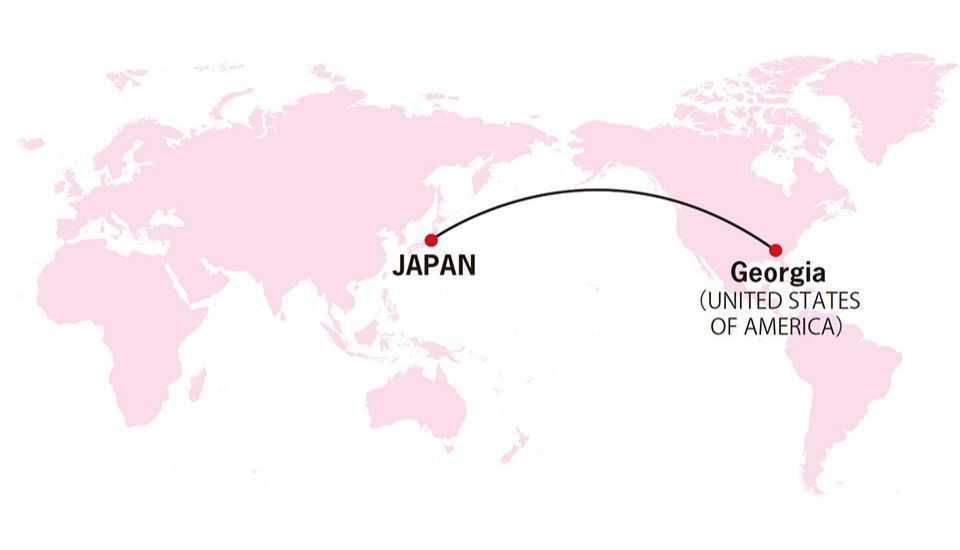
Principal and Board Members

The authors from left: Tara Ranzy, Principal; Minako Ahearn, Founder and Governing Board President/Chair; Robert Johnson, Governing Board Vice Chair; and Jessica Cork, Governing Board Secretary.

























